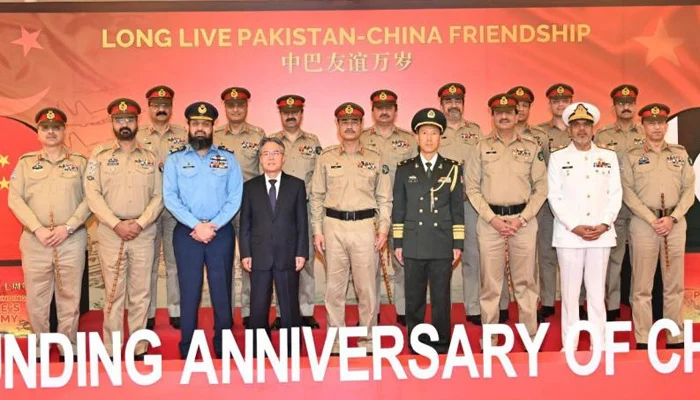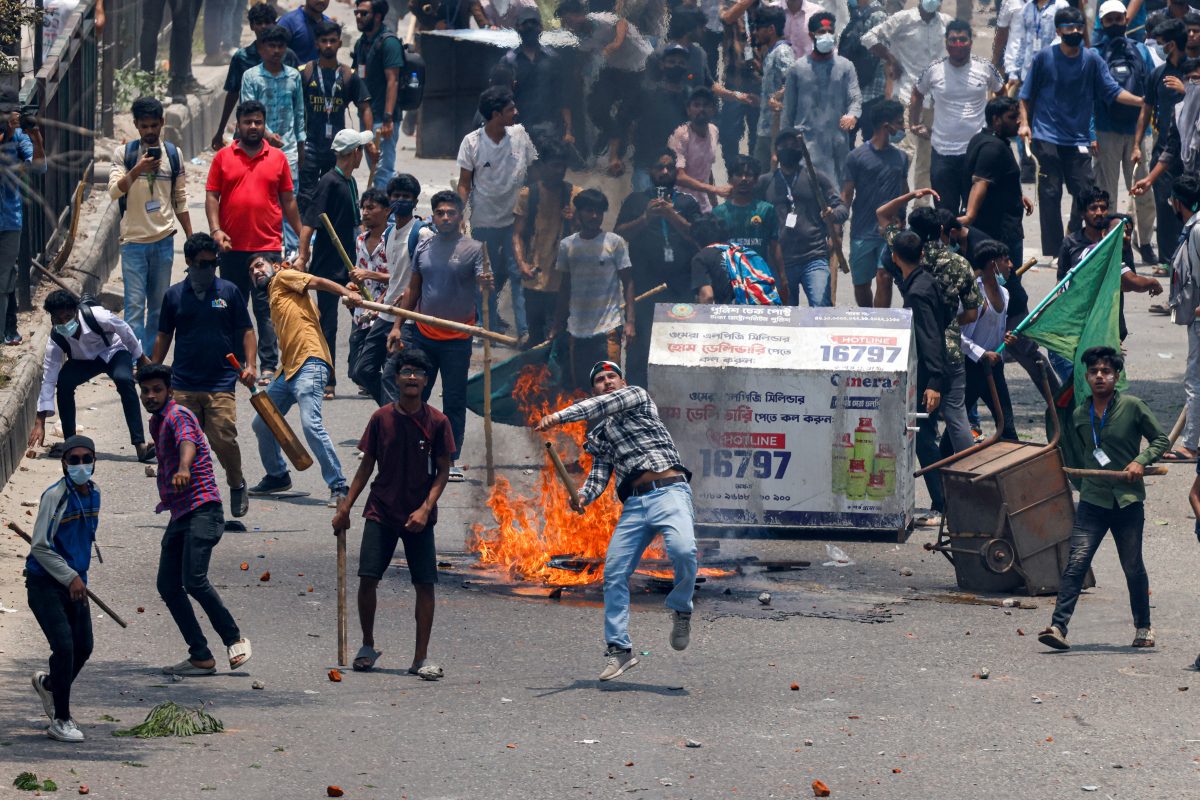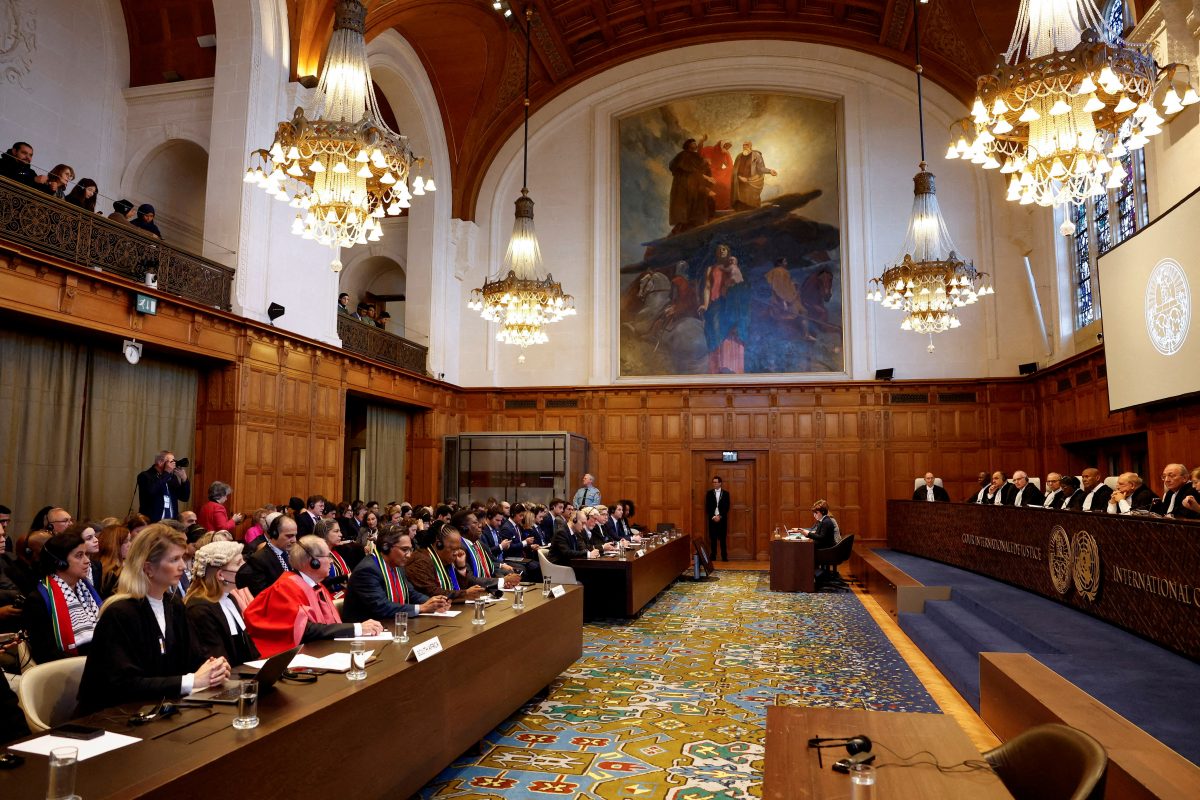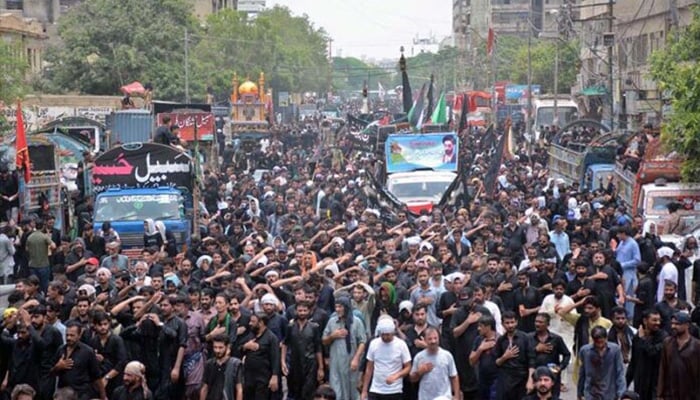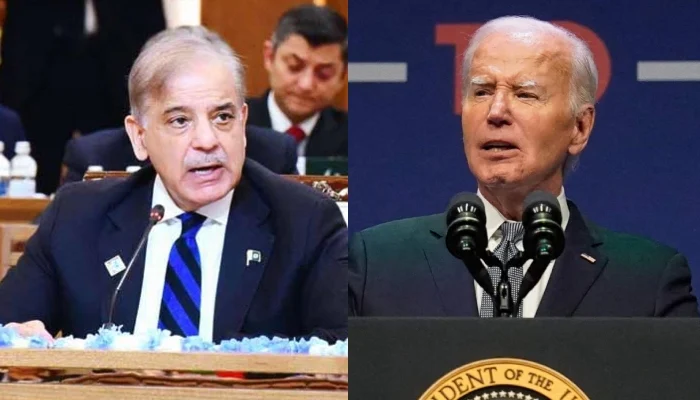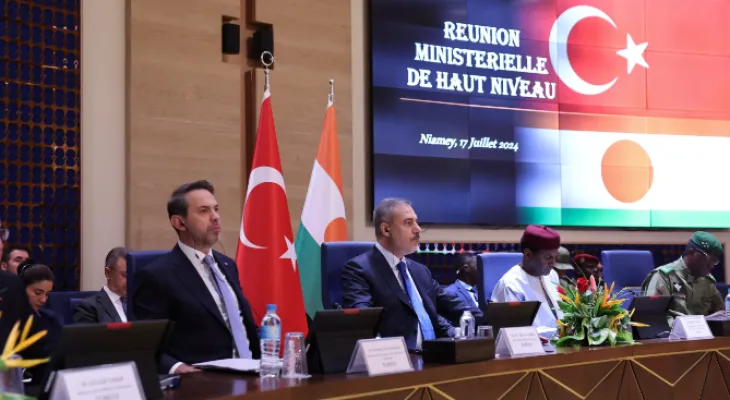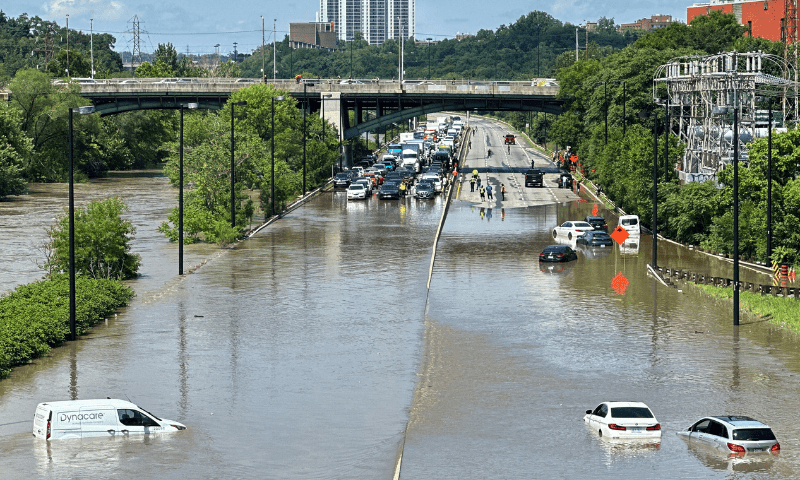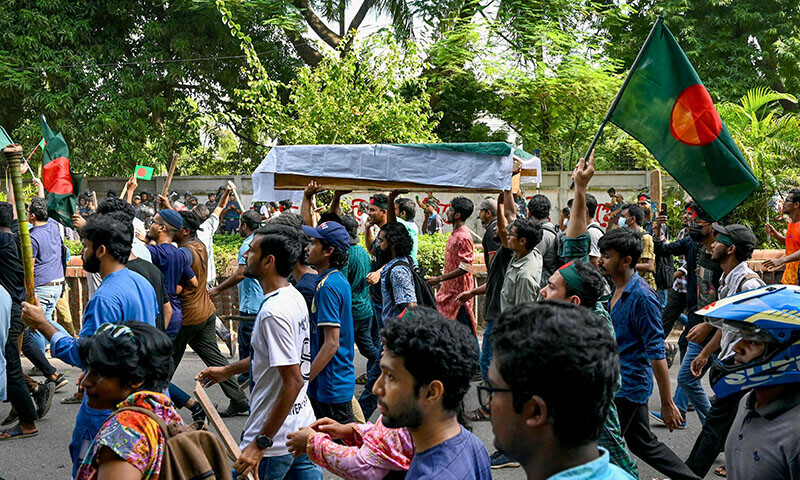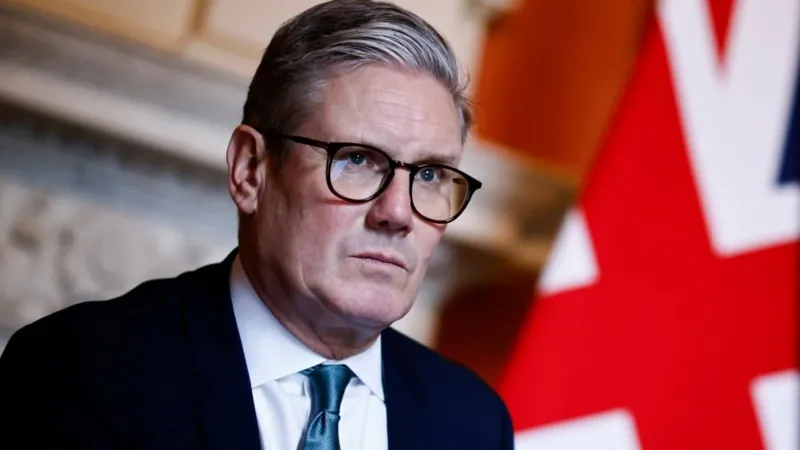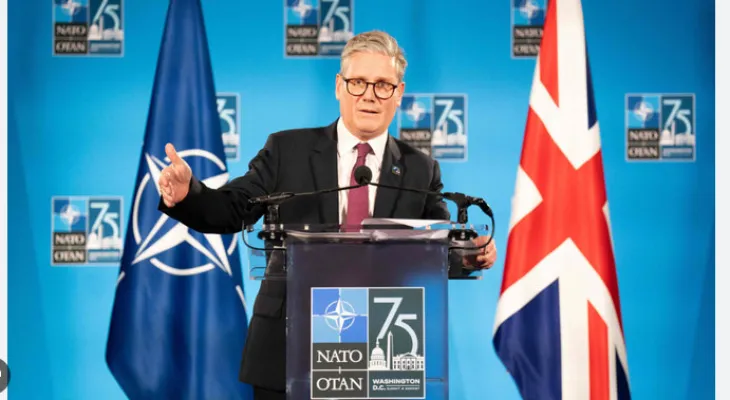Revitalising bilateral ties between Pakistan and China, Chief of Army Staff (COAS) General Syed Asim Munir has said that they “are exceptional and have always weathered the vicissitudes of the strategic environment with mutual trust and unwavering belief in each other’s support”.
The army chief made the remarks on the occasion of the 97th anniversary of the founding of the People’s Liberation Army (PLA) of China hosted at the General Headquarters in Rawalpindi, a statement issued by the Inter-Services Public Relations (ISPR) said on Thursday.
According to the military’s media wing, Chinese Ambassador to Pakistan Jiang Zaidong was the chief guest on the occasion. Defence Attaché Major General Wang Zhong, Chinese Embassy officers and officials from the tri-services of Pakistan attended the event
General Munir, while welcoming the Chinese guests, congratulated the PLA and praised its contribution to Chinese defence, security and the nation’s development.
During his speech, the army chief termed the Pak-China bilateral ties “exceptional” and based on “unwavering belief in each other’s support”.
“Relations between the Pakistan Army and the Peoples Liberation Army are strong and both militaries continue to engage in bilateral military cooperation, demonstrating the iron-clad brotherhood between the two countries,” he concluded.
Speaking on the occasion, Ambassador Zaidong thanked COAS Munir for hosting the event for the 97th anniversary of the founding of the PLA.
“Pakistani military has always been at the forefront of countering terrorism and has made great sacrifices for the peace and stability of Pakistan and the region,” the diplomat said.
“We stand ready to work with our brethren to combat terrorism and firmly believe that no force can destroy the iron-clad friendship between China and Pakistan and the brotherhood between the two militaries,” he concluded.
Prior to this prestigious event, Chinese Minister of the International Department of the Central Committee of the Communist Party of China (IDCPC) Liu Jianchao paid a three-day visit to Pakistan last month to co-chair the third meeting of the Pakistan-China Joint Consultative Mechanism (JCM) for the political parties on the China-Pakistan Economic Corridor (CPEC).
In his meeting with COAS Munir, he had lauded the Pakistan Army’s support in providing security to Chinese nationals and projects in the country, according to the ISPR.
They had also discussed matters of mutual interest, including regional peace and stability, and reviewed progress on the multibillion-dollar CPEC project.
The COAS reaffirmed Pakistan’s unwavering commitment to the strategic partnership with China and pledged full support for the successful implementation of CPEC, a flagship project of China’s Belt and Road Initiative (BRI).
Chinese investment and financial support for Pakistan since 2013 have been a boon for the South Asian nation’s struggling economy, including the rolling over of loans so that Islamabad is able to meet external financing needs at a time when foreign reserves are critically low.
Beijing has over $65 billion in investment in road, infrastructure and development projects under the CPEC as part of the Belt and Road scheme.


